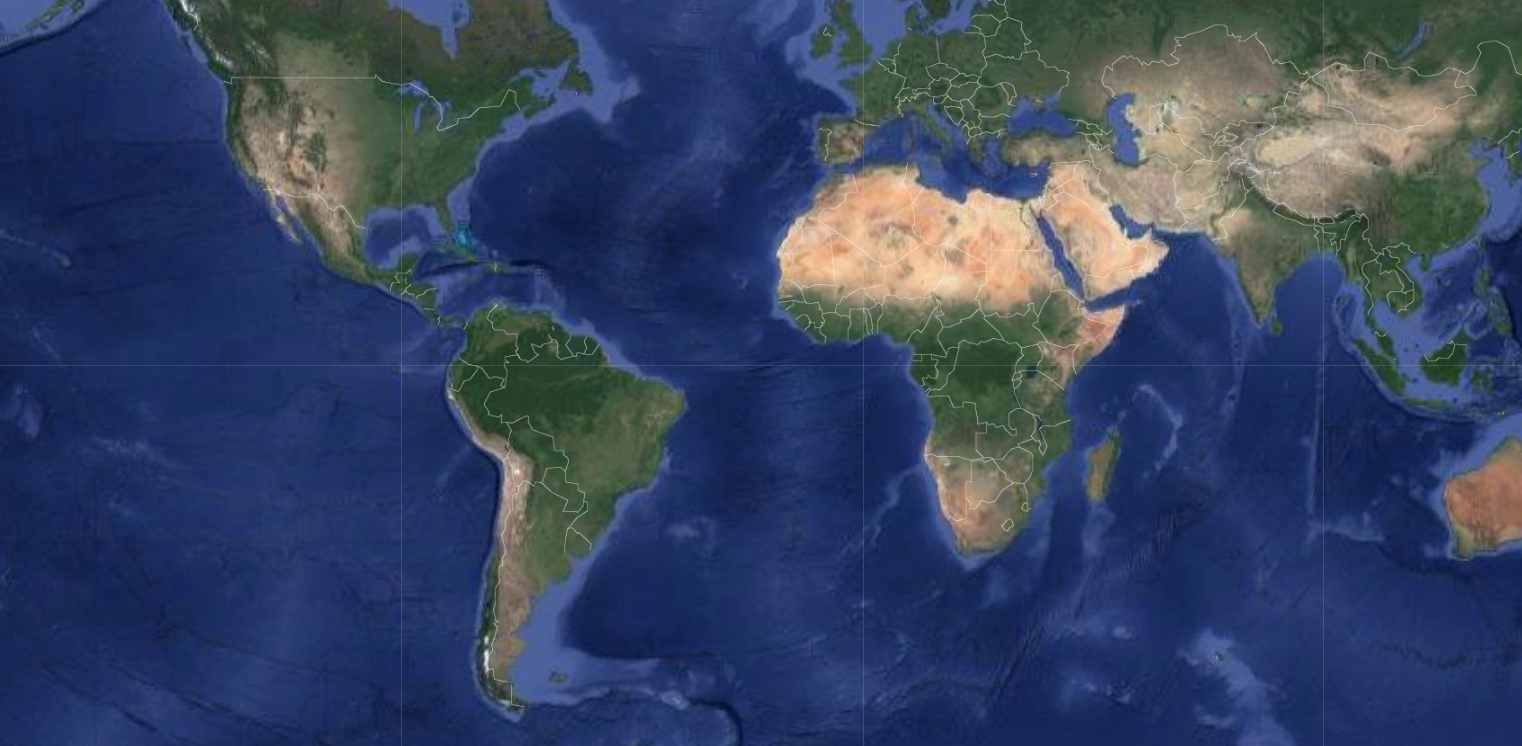top of page

Cultural Consultants & Community Liaisons
share more about their involvement.
Michael Ambayo
Community Mobilizer
Bridging Borders Cultural Consultant & Community Liaison
Arua, Uganda
Why do you choose to be involved with Bridging Borders?
Many people are willing to access services and they cannot have the opportunity, this is associated with a number of challenges.
Many people are marginalized and vulnerable, based on this, it is difficult for them to cross from one end to another based on the inability to physically, financially and socially cross; here the only option to help is by building strong relations or opening avenues so that the unable are able with minimum force to access the required service and resume normal living in the community with little dependency or leaning of others.
How are you a bridge builder?
I’m a bridge builder and community mobilizer by ensuring that people and their communities access available services. As part of the team, I identify the communities needs and support their participation and involvement ( bridge the border) so that services can be accessed easily. I also guide them on better practices at the community level so that they can attract interest from many more partners; by doing things like involving women in their leadership, avoiding corruption at all levels, being creative and also participating in livelihood.
As a trainer, I have also been training the community in life skills for youths, income generation activities, and basic first aid before going to the nearest health center.
Why should we build bridges?
Bridges are very important in that they help in emergencies. Some people are trapped or they find themselves in a situation where they have no access to the services they need. This can happen in disastrous situations like earthquakes, floods, civil wars, drought, wild fire outbreak, and when their is an influx of refugees.
If this happens to us at any time of our life there is need to build bridges. If not it will again take us back. For example, in education if south Sudanese refuges come to Uganda and the refugees have passed a certain age limit yet partners want to give the life skills training, the only required standard for entry can be primary seven, since they don’t have evidence, they are exposed to Accelerated Learning Program. Where primary education in Uganda that takes seven years is broken into three years only P1 to P2; P 3 to P5 and P6 to P7, that means through the building of bridges they can now complete primary education in three years.
Garroe Wah
*pictured on right
Karen Community Volunteer
Bridging Borders Cultural Consultant & Community Liaison
Salt Lake City, UT (USA)
Why do you choose to be involved with Bridging Borders?
I have learned that Bridging Borders (BB) has built a great connection in Burma and Thailand where we collaborate with the local organizations on a variety of training. I am originally from Burma but grew up in Thailand. Therefore I am very interested in being a part of Bridging Borders and contributing anything that I have as needed.
Why should we build bridges?
There are time that we are not aware of or do not have time to think about the other side of the world and what is going on there. As soon as we start to pay attention and try to reach out to them we are positively impacting others lives because they realize that they are not alone and abandoned.
What have you learned from being involved with Bridging Borders?
Bridging Borders has been conducting a variety of health and leadership related trainings in the refugee camps in Thailand and some places in Burma every year. We have been receiving positive outcomes from the local communities. In addition, during a BB trip I was able to share about my life in the United States to people back home and vice versa. BB also connects the local students to higher education system or schools to further their study. The online case management courses that BB has created also are also a great resource for those that are interested in case management to apply it to their life or to their organization.
bottom of page


